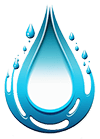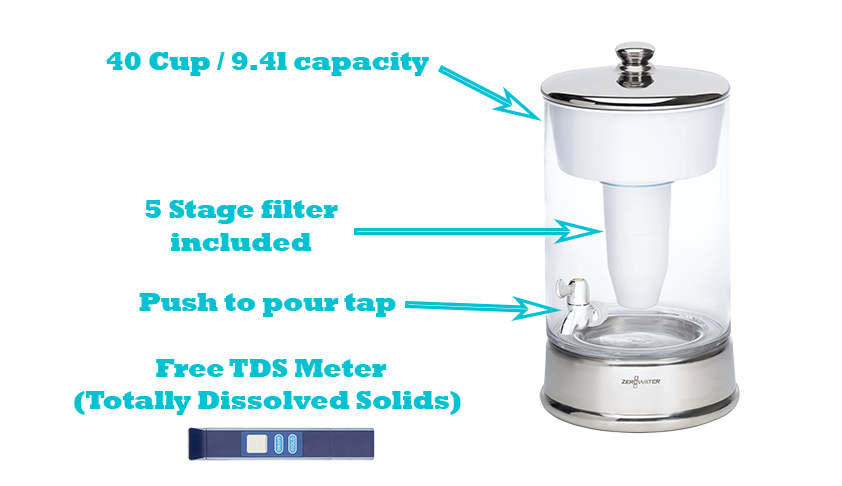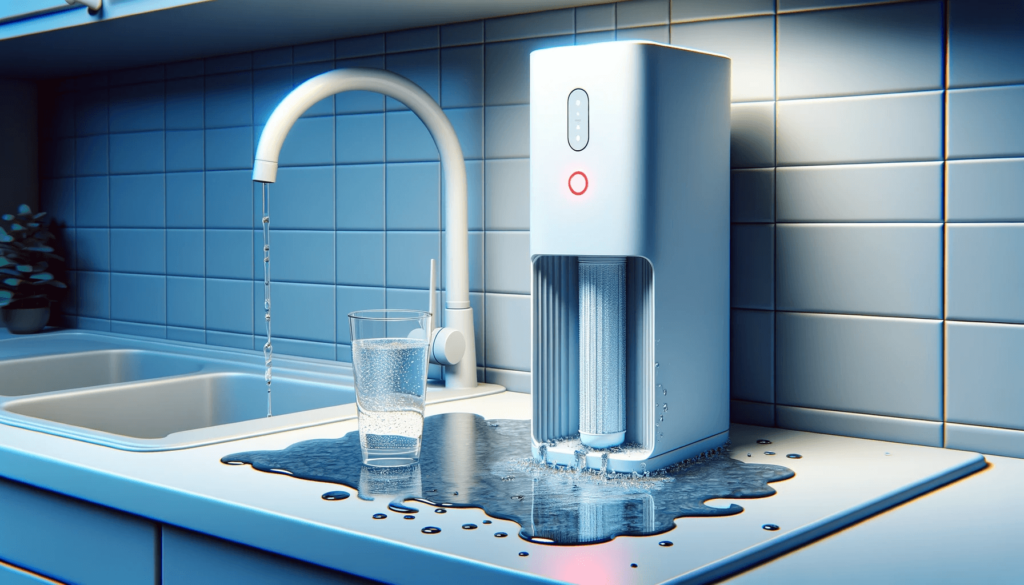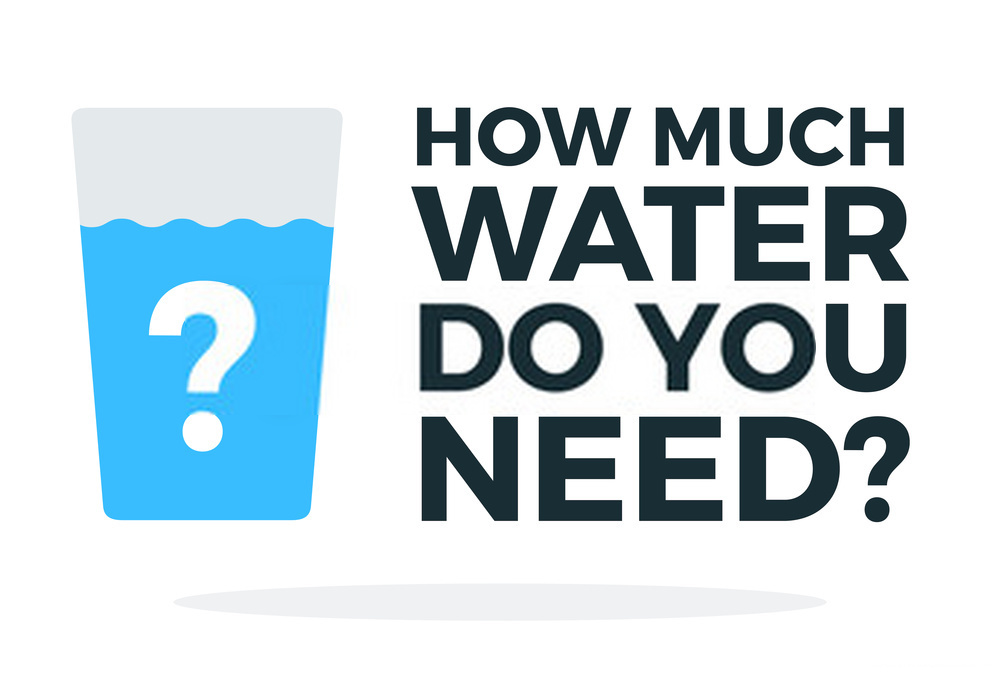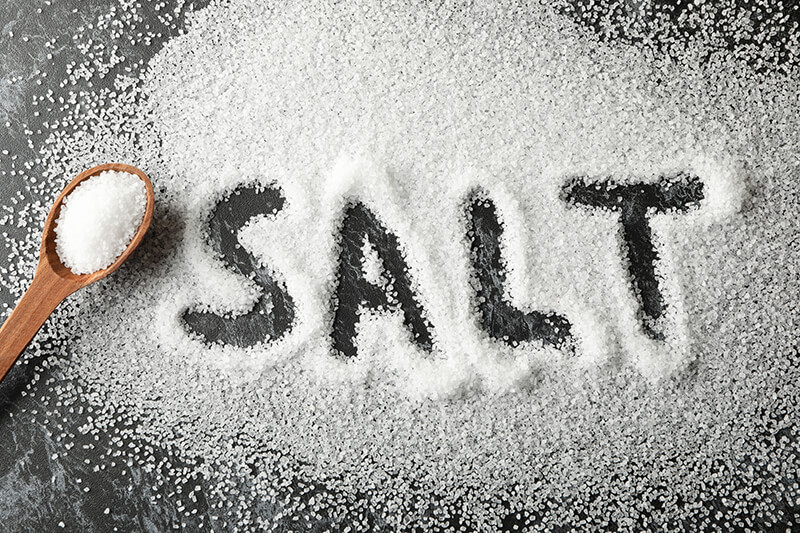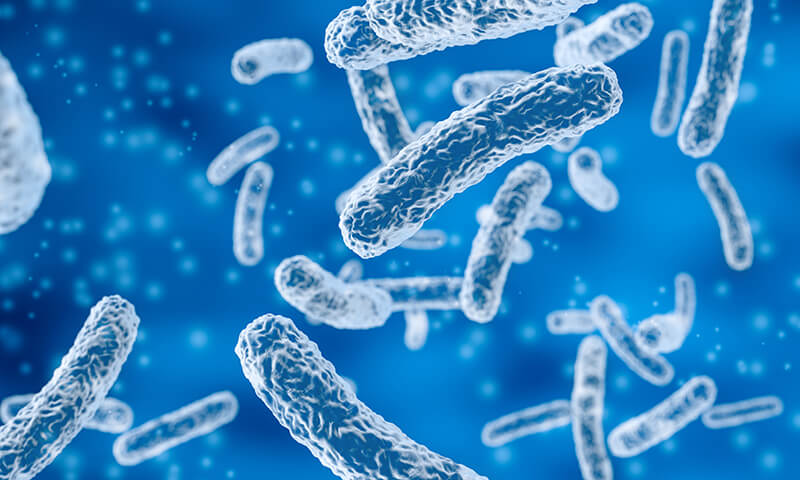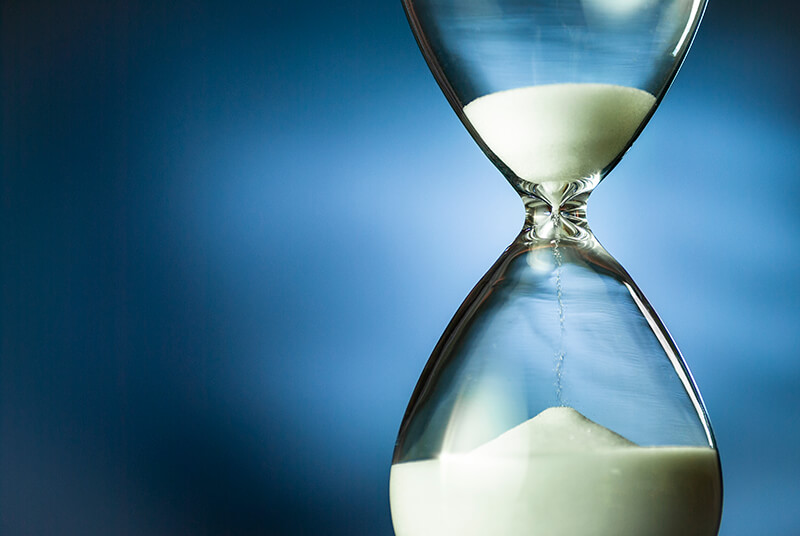ZeroWater 40-Cup Ready-Pour 5-Stage Round Glass Water Filter Dispenser review
Common Zero Water Filter Problems
How Much Water Should You Drink A Day?
What Happens if Water Softener Runs Out of Salt?
Does Reverse Osmosis Remove Bacteria
How long do ZeroWater Filters Last?
Introduction
Water is essential for all living beings on Earth. It is a precious resource that sustains life and is necessary for our daily needs, such as drinking, cooking, and cleaning. However, despite its importance, not everyone is aware of the vital information related to water. In this article, we will provide comprehensive water information, including its importance, different types of water, water pollution, and conservation tips.
Importance of Water
Water is essential for our survival. It makes up 60% of our body weight and is responsible for many bodily functions, such as regulating body temperature, transporting nutrients, and removing waste. Without water, we would not be able to live.
Water also plays a crucial role in agriculture, industry, and transportation. It is used for irrigation, manufacturing, and shipping. Additionally, water is essential for the environment, sustaining ecosystems and providing habitats for wildlife.
Types of Water
Not all water is the same. There are different types of water, each with its unique characteristics. Here are some common types of water:
- Tap Water: Tap water is the most commonly used source of water for households. It is treated to remove contaminants and is safe to drink.
- Bottled Water: Bottled water is water that has been packaged in bottles and sold for consumption. It can be either natural or purified.
- Distilled Water: Distilled water is water that has been purified through the process of distillation, where water is heated, and the steam is collected and condensed.
- Spring Water: Spring water comes from natural springs and is typically untreated. It is considered to be one of the purest forms of water.
Water Pollution
Water pollution occurs when harmful substances, such as chemicals, waste, or bacteria, contaminate water sources. It can have severe consequences on both human health and the environment.
Water pollution can be caused by various activities, such as industrial discharge, agricultural runoff, and household waste. It can lead to health problems, such as gastrointestinal illness, skin problems, and neurological disorders. Additionally, it can harm aquatic life, destroy habitats, and reduce biodiversity.
Water Conservation
Conserving water is essential to ensure that future generations have access to this vital resource. Here are some simple tips for water conservation:
- Fix Leaks: Fixing leaks in pipes and faucets can save a significant amount of water.
- Shorten Showers: Reducing shower time can save gallons of water.
- Use Water-Efficient Appliances: Using appliances, such as dishwashers and washing machines, with water-efficient settings can save water.
- Water Your Lawn at the Right Time: Watering your lawn in the morning or evening can reduce evaporation and save water.
FAQs
What is the main function of water in our body?
Water plays a crucial role in regulating body temperature, transporting nutrients, and removing waste.
Is bottled water better than tap water?
Tap water is safe to drink and undergoes rigorous testing and treatment to ensure that it is free from contaminants. Bottled water can be either natural or purified and can be more expensive than tap water.
How can I tell if my water is contaminated?
If you notice any changes in the color, taste, or odor of your water, it may be contaminated. Additionally, if there are any local water advisories or alerts, you should follow the instructions provided by local authorities.
Conclusion
Water is a precious resource that is essential for our survival and the environment. It is
